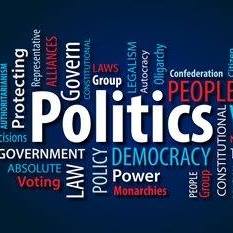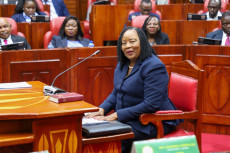- At the end of the day, politics isn’t just about policies or party lines. It’s about people — and that includes you.
It’s easy to feel like politics is something distant — a conversation for politicians in suits or loud voices on television.
But the truth is, politics affects nearly every part of our daily lives, from the cost of groceries to the quality of schools and the safety of our streets.
Choosing to stay uninformed or disengaged doesn’t make politics disappear; it just means decisions are made without your voice.
We often hear people say, “All politicians are the same,” or “My vote doesn’t matter.” While political systems can be frustrating, writing them off completely only strengthens the very systems we want to fix.
Power doesn’t vanish — it shifts. When fewer people participate, especially from everyday backgrounds, the system becomes less representative. The result? A government that listens more to money and influence than to the people it serves.
Being politically aware doesn’t mean following every debate or argument. It starts with understanding the issues that directly impact your community — healthcare, education, jobs, and justice.
It’s about asking questions and holding leaders accountable. Even small actions, like voting in local elections or attending town halls, can add up to meaningful change.
At the end of the day, politics isn’t just about policies or party lines. It’s about people — and that includes you.
Whether you care about the environment, housing, or just getting by with dignity, your voice has a place in the political conversation. Choosing to engage is not about being right or left. It’s about being present.

